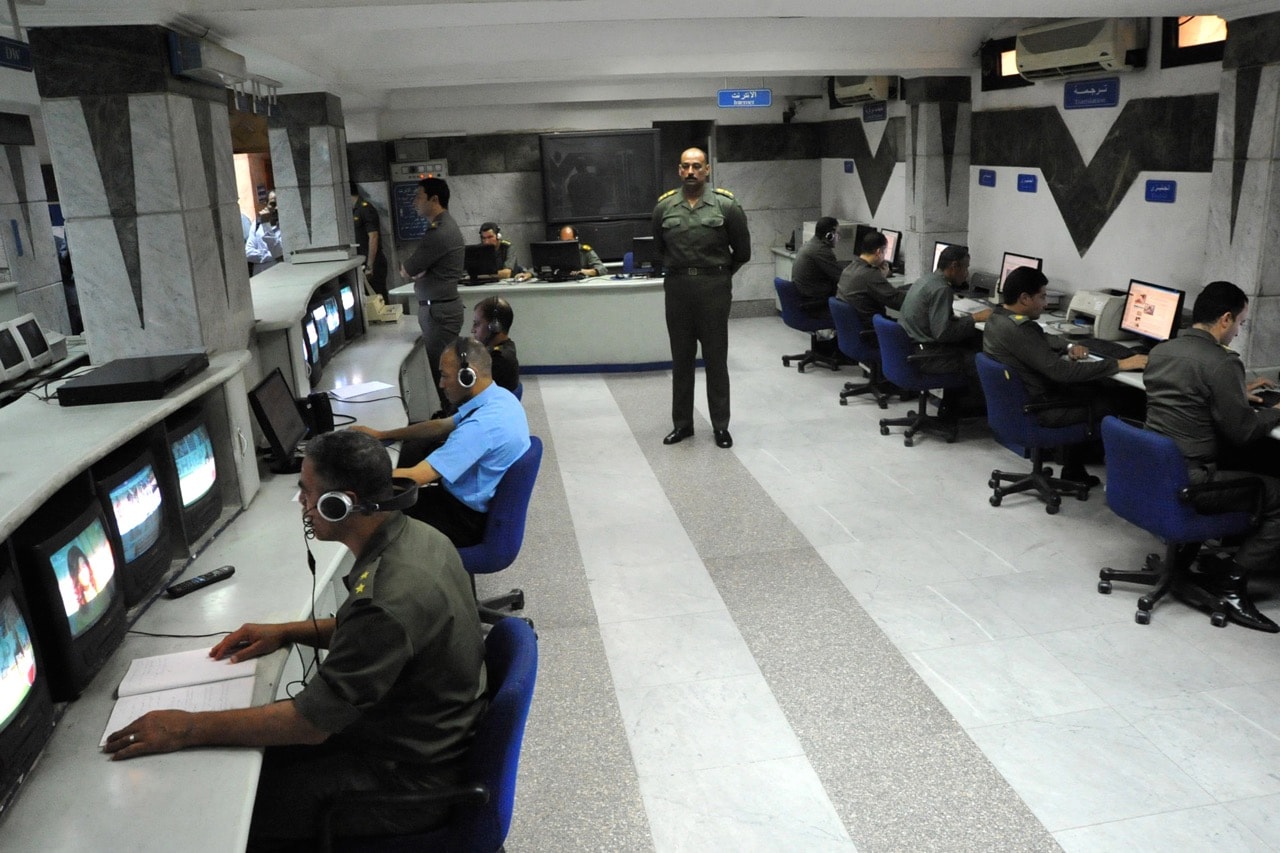On June 5, Egypt's parliament approved a cybercrime law that will dictate what is and is not permissible in the realms of online censorship, data privacy, hacking, fraud and messages.
This excerpt of the Advox Netizen Report was originally published on globalvoices.org on 8 June 2018. It is republished here under Creative Commons license CC-BY 3.0.
On June 5, Egypt’s parliament approved a cybercrime law that will dictate what is and is not permissible in the realms of online censorship, data privacy, hacking, fraud and messages that authorities fear are spreading “terrorist and extremist ideologies.”
The law gives investigative authorities the right to “order the censorship of websites” whenever a site hosts content that “poses a threat to national security or compromises national security or the national economy.”
The law also creates a stronger legal basis from which authorities can pursue voices of dissent or political criticism. While the Egyptian government is notorious for censoring websites and platforms on national security grounds, there have been no laws in force that explicitly address this practice until now.
In the month of May 2018 alone, authorities picked up multiple bloggers and well-known social media activists on similar grounds.
On May 23, Egyptian police raided the home of journalist and blogger Wael Abbas and arrested him. His whereabouts are still unknown but authorities confiscated his personal computer, phones, and books, according to a statement published by the Arabic Network for Human Rights Information (ANHRI). The network condemned the arrest, describing it as a “kidnapping,” given that authorities forcibly entered Abbas’ home, blindfolded him and took him into custody while still in his night clothes.
While Abbas was able to publish a brief sentence on his Facebook account which said: “I am being arrested,” no official statement has yet been issued by the Egyptian authorities on the incident. An Egyptian journalist, known to be closely allied with the authorities, blamed Abbas for publishing “fake news” about military operations in Egypt’s Sinai region.
Just a few days prior, another blogger, human rights activist and labor lawyer Haitham Mohamedein, was seized by Egyptian authorities. He had been accused of a number of crimes, including “using the internet to incite against the state” and “incitement to protest.” He was detained for 15 days while authorities investigated his activities.
Shadi Abou Zeid, who had previously worked as a producer for a well-known satirical show featuring a chatty puppet character named Abla Fahita, was also arrested for “spreading false information on Facebook about the economic and political states of the country with the intention to undermine trust in the Egyptian state.” He is currently in custody as part of a 15-day detention and is awaiting formal charges.



